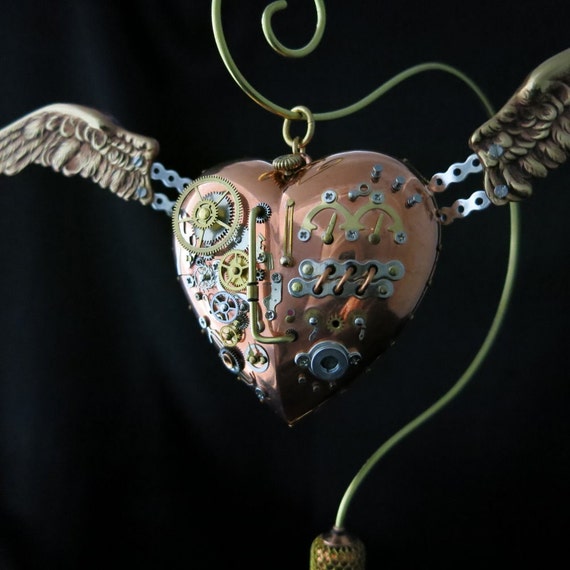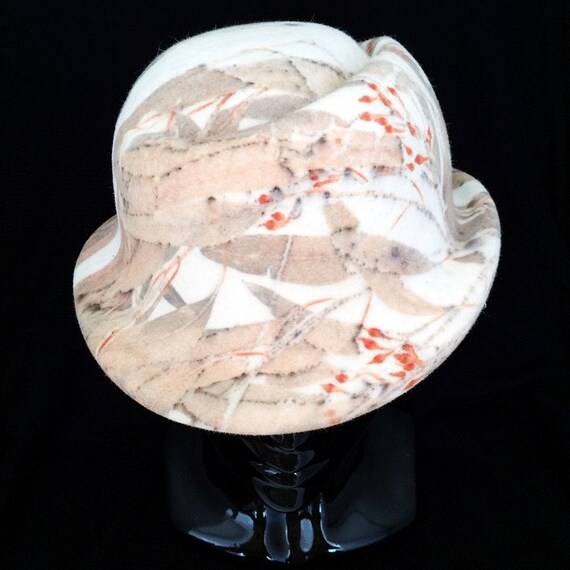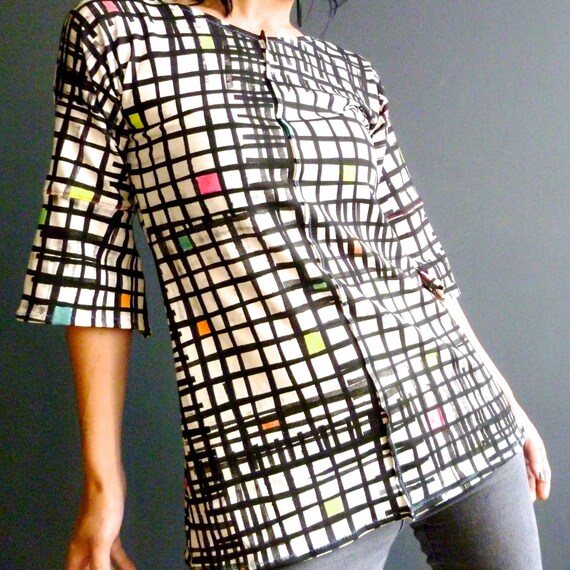I think a follow-up to my post
"Not Everything Handmade Deserves a Gold Star" is in order.
I knew from the beginning it would be controversial, and that's why I wrote it. I chose certain language ("statistically speaking ... your items suck") to be deliberately incendiary. It's not that I'm really whiny or a bitch. I wanted specifically not to sugarcoat things in any way. My goal was to make people think by taking an overtly negative tone. I wanted to at last speak out and draw attention to the elephant in the room.
The goal of the piece was absolutely
not to sell my work by trashing others' items. Resellers or sloppy crafters are not my competition! I have the greatest respect and admiration for my competitors. I interact with them on Facebook, Instagram, Etsy, etc. We cheer each other on; we admire each other's work.
I love the maker movement. But in all the praise for handmade, there's one question very few people are asking: Is it any good?
Someone said I'm too negative and needed to focus on positivity. ... And I don't disagree with her — but I think it makes what I wrote to be all the more relevant.
I love the maker movement. But in all the praise for handmade, there's one question very few people are asking (at least publicly): Is it any good?
Creatives love to receive compliments. And I think most of them like to give compliments. But it can be a bit like the boy who cried wolf. Do it too often and too indiscriminately, and people will start to tune you out.
It's the same reason Instagram marketing advice tells people to write something more individual and thoughtful than "Great pic!" If you compliment someone — "nice work" — and you give that same compliment to 30 other makers, none of them are going to feel flattered. When people compliment someone's work without truly caring about it, I just have to wonder why. I was asked "What's the point of your post?" And that is an excellent question and a very valid point. The answer to that is: What is the point of giving equal praise to everyone regardless of quality of work?
Lots of people complain about the entitlement attitudes we see a lot. I think it's more like
American Idol auditions, when people say "But my boyfriend/voice teacher/grandma says I'm great!" Not everybody's work is great, and that's okay. I think it does a disservice to both buyers and sellers to pretend that everything "handmade" is equally great.
The ultimate goal of an artist — in my opinion — should be to grow and improve. You can find heaps of advice on marketing, improving your photos, working on SEO, etc. And do work on those things. But don't stop working on your craft.
I have a saying I like to use:
Art is subjective ... except when it's not. Something can be (subjectively) pretty to look at but (objectively) poorly constructed. My first hats — which are in my personal collection, not in my shop — are nice to look at, and I'm still proud of them and still wear them. But I can also show you the flaws.
 |
The overall look of this hat is good. But up close you can see an awkwardly constructed bow. The inside lacks a
head size ribbon, and has ugly visible stitches. In all three photos, you can see shadows of where the stitching that
holds down the folded edge is inelegant and poorly done. Those stitches should be invisible. |
The hat above was the second hat I ever made. I share the flaws openly because it is not for sale, and it's not good enough to sell. But I've learned since then. My craft has improved. I now know how to make my stitches invisible. I am better at constructing hats. Many wise people say it's a waste of time to compare yourselves to others. That's it's absolutely true. I am far,
far from being the best hat-maker ever. And I'm also far from being the worst. I do good work. And I am constantly trying to improve. Some people probably don't like my work. That's okay. Other people praise my work maybe more than it deserves. I'm not out to best anyone; I'm out to better myself.
When I say "statistically speaking ... your items suck," it's not about promoting myself through disparaging others. I'm talking about the elephant in the room: the simple fact that not all handmade is good, whether that means it's poorly constructed or copies or lightly embellished resold items. (The word "statistically" is key there. I don't mean that your items in particular suck. I do mean that there are a lot of sad crafted items out there in the world.)
It is important to me that the handmade movement has a good reputation. (And in many circles it does not.) To me, that means praising other artists who are truly worthy of praise. And it also means not celebrating every item just because it's called "handmade."
One person sent me a message saying that it gives sellers false hope to encourage them to focus on SEO, product photos, tags, etc. "when everyone responding knows it is just tragic, fugly craft that no one is ever going to buy." Sometimes, sellers need to improve their products.
And sometimes, we need to talk about what handmade means to each of us.
I know of knitters who spin their own yarn. Their finished products are the ultimate in handmade. But I wouldn't say someone who knits with store-bought yarn has less of a right to the word handmade. That's totally handmade in my book. But what about someone who buys a mass-produced knit accessory and sews a button or bow on? I think Etsy calls that handmade; I'm not sure that I do.
Another person mentioned mugs, which I hadn't thought of. It's a perfect example. You can find artists who make their own pottery mugs, fire them in their own kiln, glaze them, etc. You can also find fine artists who have their original paintings printed onto mugs. And you can find "Sharpie mugs." I'd never heard of Sharpie mugs before. If you get a certain kind of Sharpie, you can draw on a blank mug and bake it to make it permanent. Obviously, even within this category, there is a
huge range of quality: from painstakingly reproducing calligraphy to just scrawling on a mug in poor handwriting. A hastily scribbled Sharpie mug simply should not be called just as good as a hand-thrown, hand-glazed mug.
They're all handmade, but they're not all good. If that makes me negative to say so, then so be it. Personally, I think praising quality work — and refusing to praise low-quality work — actually is a positive thing.
But, hey, we're each entitled to our own opinions.

















